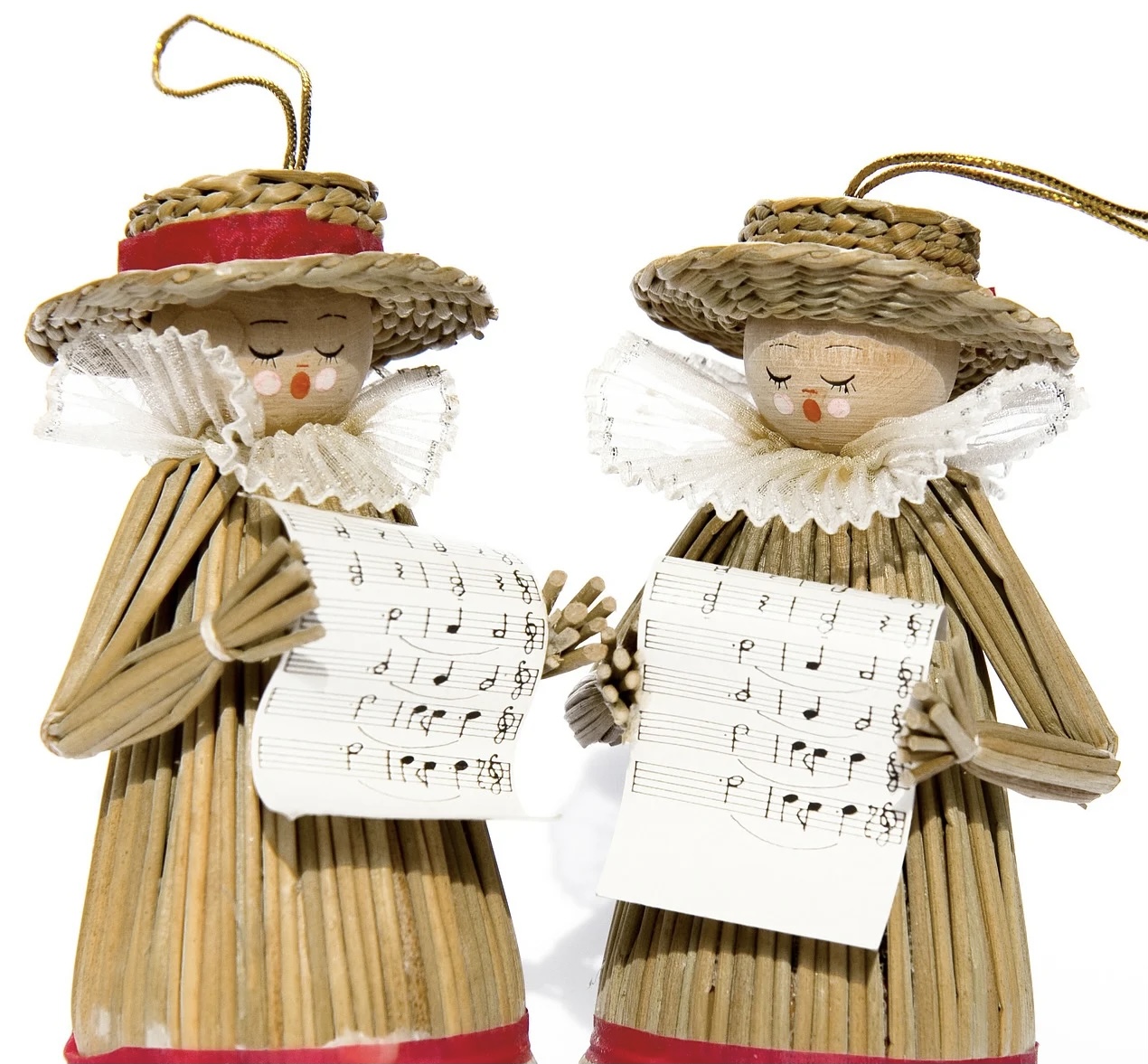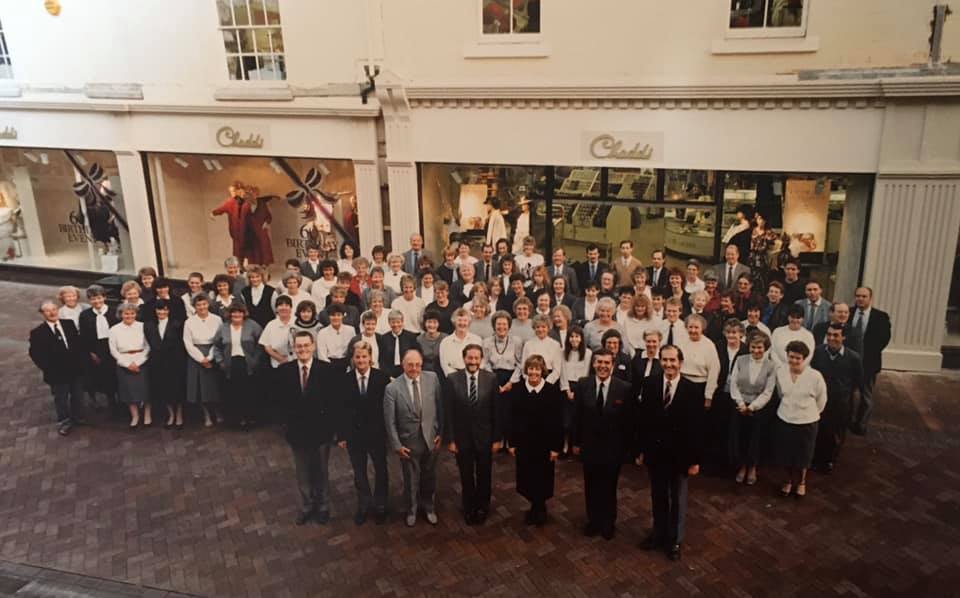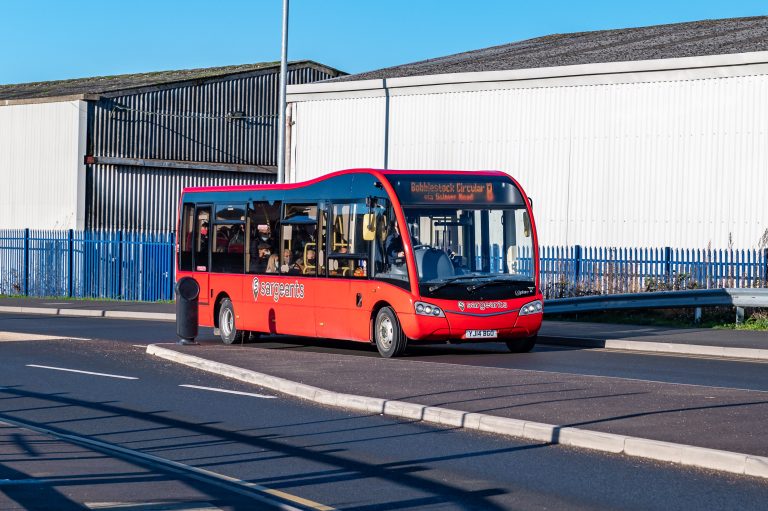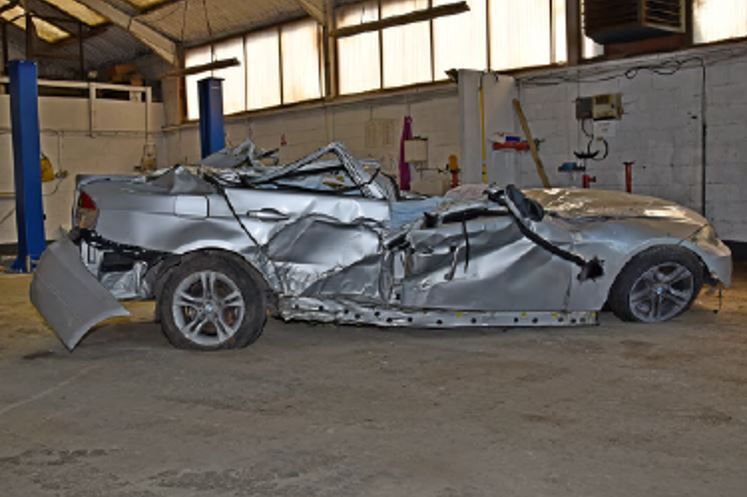COVID-19 spreads from person to person through small droplets, aerosols and through direct contact. Singing, shouting and physical activity increases the risk of transmission through small droplets and aerosols. If singing does take place, steps should be taken to reduce the risk of transmission, including limiting the number of people participating as far as possible. The cumulative effect of aerosol transmission means the more people involved, the higher the risk of transmission.
Carol singing or carol services can take place if all attendees follow advice in the suggested principles of safer singing and guidance for the Performing Arts developed by an expert group coordinated by Public Health England. This applies to both professional and amateur choirs.
Those performing or rehearsing:
- In a professional capacity; or
- As part of a supervised activity for under 18s
are not limited in number and do not have to adhere to gathering limits but should still follow the performing arts guidance.
For adult amateur performances and rehearsals, you should consider the case for proceeding (or not), given the wider health context in your area and the context of your participants, particularly if vulnerable individuals are involved.
If you do proceed, you should follow performing arts guidance and will be subject to local gathering limits. This means that if more than one group of six (in tier 1) or household (in tier 2 or 3) is performing or rehearsing indoors, they must not interact, ‘mingle’ or otherwise socialise together. You should maintain social distancing between groups or households at all times, including when entering or leaving the building or in any breaks. Direction can continue to take place during the activity i.e. between a conductor and a group, but other physical and social interaction is prohibited.




